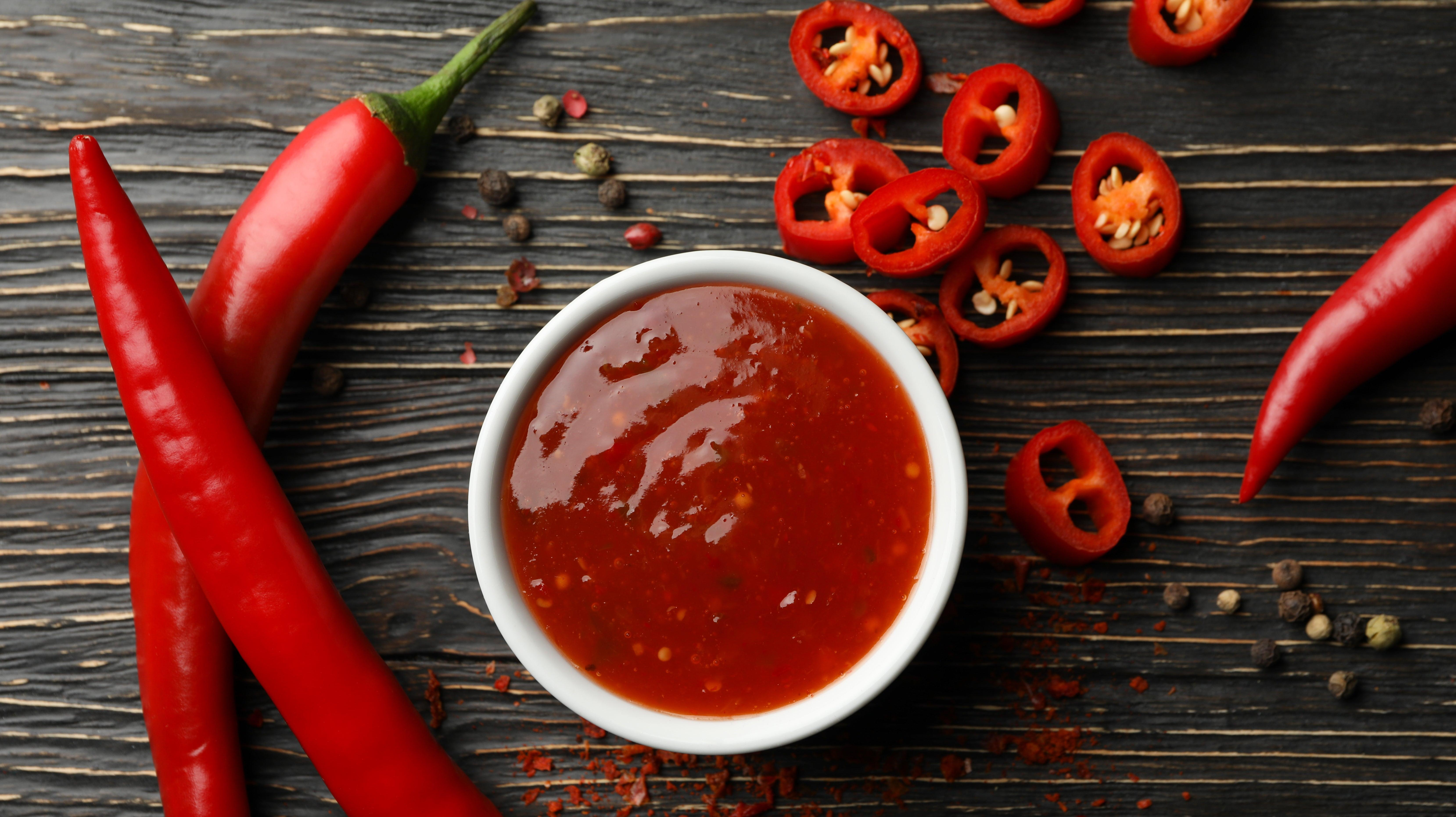How To Sell Homemade Sauce Without Getting Arrested
It's time to get familiar with some cottage food laws.
Does your mom make the best pesto sauce? Are you a terrible person who asked her to make a ton for a made up pesto party when you in fact intend to sell it?(Just in case you're not picking up on the subtle reference to the episode of The Office that shows Ryan trying to make money off his mother's pesto sauce, here's a quick refresher.) Although he's a fictional character, I would hope that the business school student at least did his research. Because whether you're selling pesto or hot sauce, there are some rules you'll need to follow to do so without getting in trouble with the law.
What are cottage food laws?
Food Safety News explains that cottage food laws are essentially regulations that allow people to make and sell certain "low-risk" consumable products from their home kitchens rather than a commercially licensed kitchen. These specifics of these laws can vary by state. For example, in Illinois, there's actually more detail surrounding what you can't sell versus what you can. So, if I wanted to start a business in my apartment kitchen, I'd have to avoid meat, poultry, seafood, shellfish, alcoholic beverages, pumpkin pies, cheesecake, and kombucha (just to name a few).
As for selling something like hot sauce, there are quite a few hoops to jump through under Illinois law. Those hoops include getting the recipe tested by U.S. Department of Agriculture or submitting the recipe along with a "written food safety plan" and a pH test of the sauce as it falls under the category of fermented or acidified foods.
On the other hand, if I lived in say Louisiana, I could make and sell as much homemade hot sauce as my taste buds could handle so long as I meet some added requirements. Louisiana's cottage food law allows residents to sell items like hot sauce so long as sales do not exceed $20,000; the product has a label that clearly states it was not made in a certified kitchen; and the seller receives sales tax certificates from both the Louisiana Department of Revenue and the local taxing authority of any jurisdiction in which they intend to sell.
How to sell your sauce legally
To put it simply, know your state's cottage food law. If your sauce, salsa, or whatever other edible concoction you come up with falls within those guidelines then you're golden.
If your product doesn't fall within those guidelines, you've officially found yourself a hobby and not a part-time business. You can still make and give away your food creation out of the kindness and generosity of your heart, but you can't legally make a buck off any of it without the proper permissions. Looks like my side gig of selling homemade kombucha is going to have to wait.
